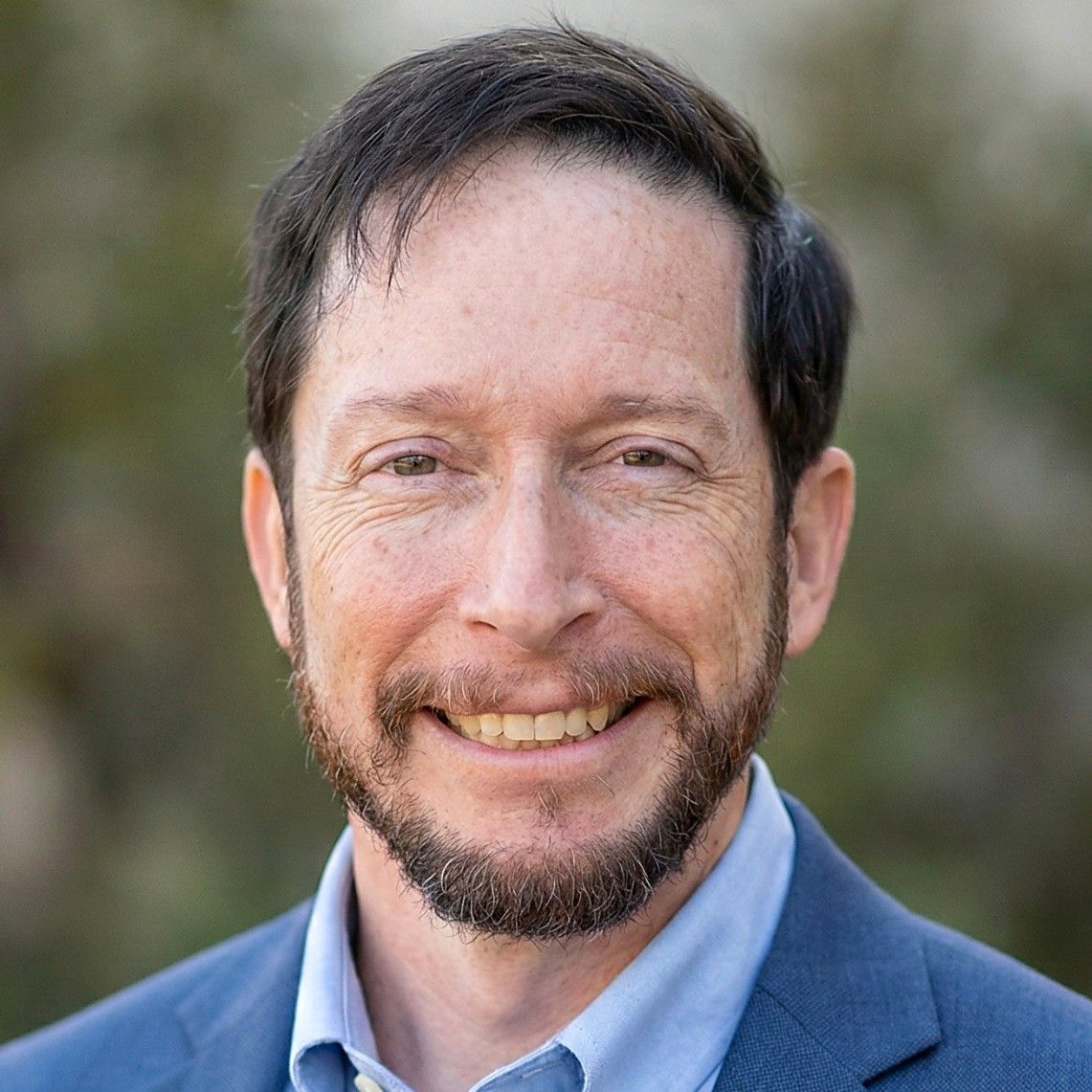OVERVIEW
For marketing agencies, it’s often possible to reach $2M in revenue without much operational infrastructure – and with enough hustle, even $4M is possible while flying by the seat of your pants.
But at $4M and beyond? That’s where things will break, if they haven’t already.
kept.pro has worked with multiple marketing agencies at this stage, each on its own path, but facing a familiar set of challenges. Whether due to unexpected staff exits, internal shakeups, or the realization that leadership is spending more time buried in spreadsheets than serving clients, these agencies knew they needed to professionalize how their back office operated.
This case study isn’t about one agency. It’s about a pattern.
We’ve seen this movie before, and if your agency has crossed the $4M mark, we know how to help you get to the next level without burning out your team or compromising your vision.
THE CHALLENGES
Agencies crossing the $4M mark frequently encounter:
- Operational Strain: Founders juggling creative leadership with financial management, leading to burnout and oversight gaps.
- Financial Blind Spots: Inadequate reporting systems that obscure profitability insights and hinder strategic planning.
- Disrupted Continuity: Unexpected departures of key personnel, such as bookkeepers or partners, causing operational disruptions.
- Misaligned Financial Support: Investing in high-cost CFO services that don't align with the agency's immediate needs, diverting resources from growth initiatives.
These challenges underscore the necessity for a robust financial infrastructure tailored to the agency's evolving scale.
THE SOLUTION
At this stage, it’s more important than ever to make sure you have the right people, processes, and technology to support the financial health of your agency, including:
- Fractional Accounting Teams: Fractional accounting team services provide scalable support, ensuring accurate financial reporting and streamlined operations, without the expensive burden of full-time employees.
- Integrated Financial Systems: It’s time to put the right systems into place to support your future growth. This means transitioning to unified accounting platforms to enhance data accuracy and accessibility.
- Process Standardization: By documenting workflows and establishing controls, you can create consistency and resilience against unexpected staff turnover.
- Strategic Foundation: You may not need a CFO (even a fractional executive), but you do need a full-stack team who can build, maintain and leverage a real financial foundation.
This tailored approach ensures agencies have the necessary tools and insights to navigate growth confidently.
THE RESULTS
After embedding our fractional accounting teams into each agency, and implementing the right systems, processes, and technology, the results were clear:
- Enhanced Clarity: Frequent and reliable financial data empowered informed decision-making and strategic planning.
- Operational Efficiency: Streamlined processes reduced administrative burdens, allowing teams to focus on creative endeavors.
- Resilience to Change: Standardized systems mitigated the impact of unexpected personnel or client changes.
- Cost-Effective Strategy: Each agency gained access to important high-level financial expertise without the expense of full-time hires.
These outcomes positioned each agency to scale sustainably while maintaining their creative core.
READY TO SCALE SMARTER, NOT HARDER?
If your agency is growing, it's time to fortify your financial foundation. At kept.pro, we specialize in supporting agencies through this transformative phase with tailored accounting solutions.
Let’s talk about how we can support your agency’s next stage of growth. Schedule your free financial assessment today.

James Wheeler
https://www.linkedin.com/in/jamesdavidwheeler/James Wheeler is a fractional CFO and the founder of kept.pro, which provides a proven outsourced accounting department model for growing companies with $2M–$50M in annual revenue. He brings 15+ years of executive finance leadership across services and technology businesses and was twice a finalist for the San Diego Business Journal’s CFO of the Year. James holds a BA in Economics and an MBA from UC San Diego, completed executive education at MIT Sloan, and has served on nonprofit and for-profit boards.



